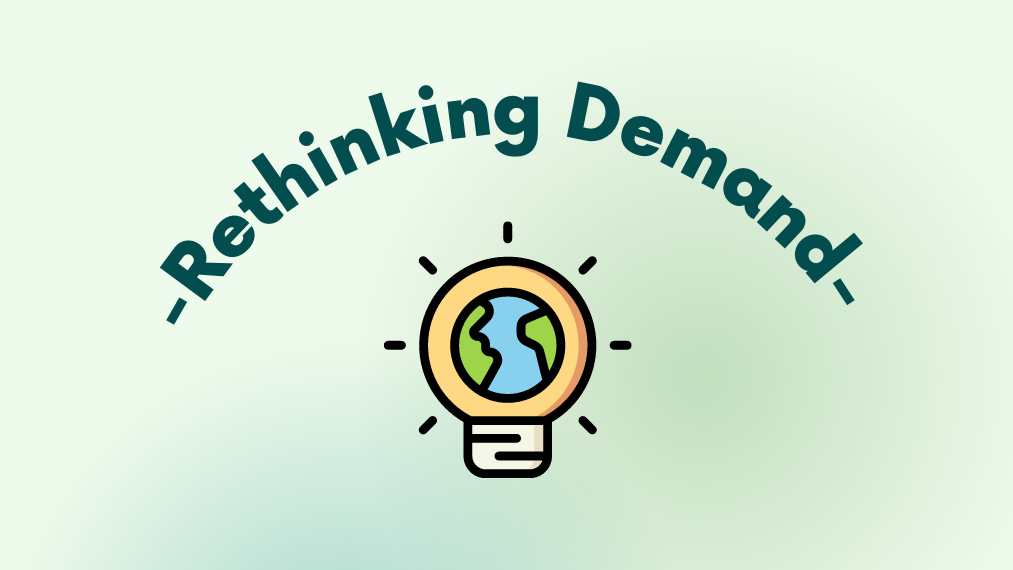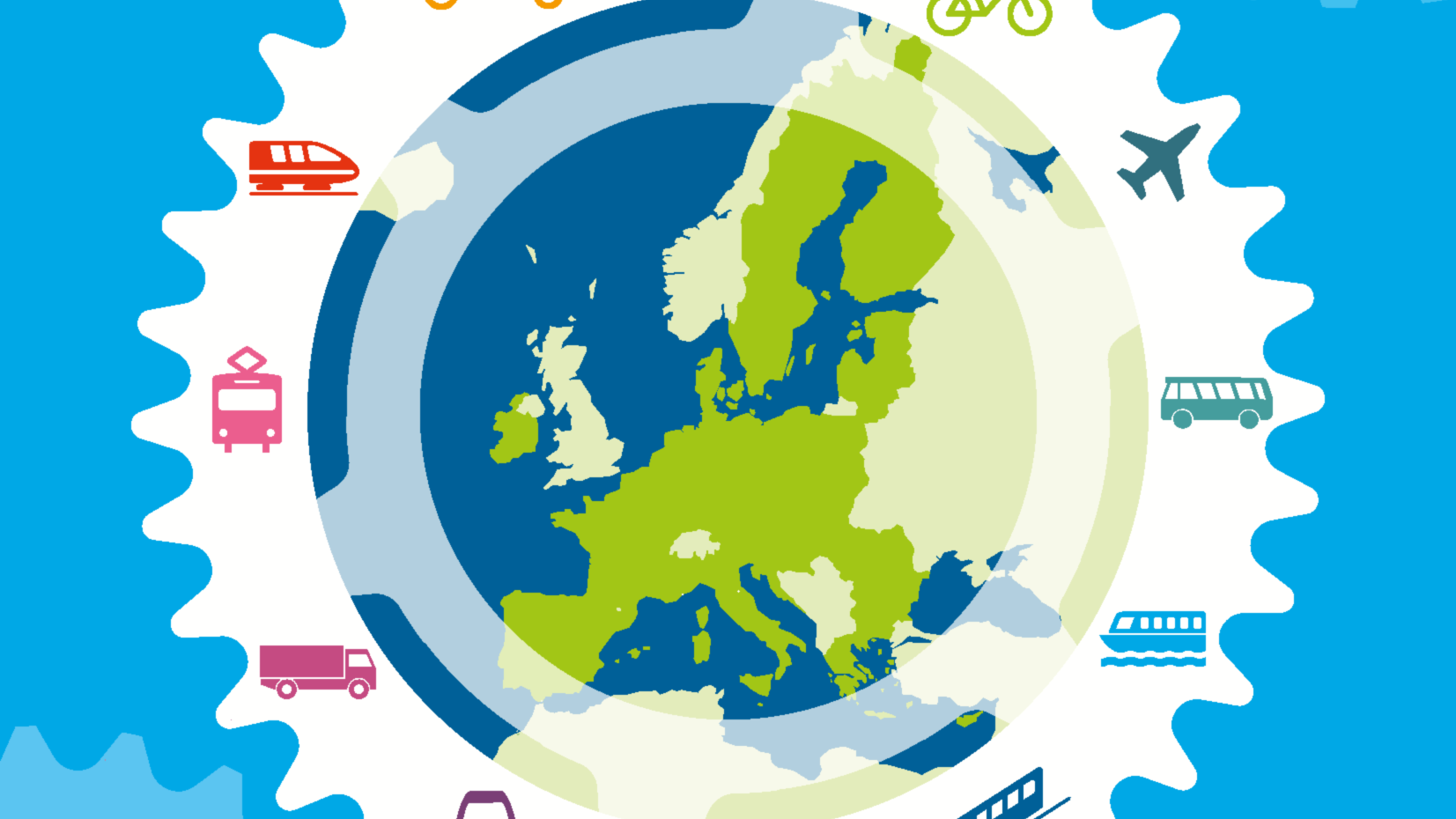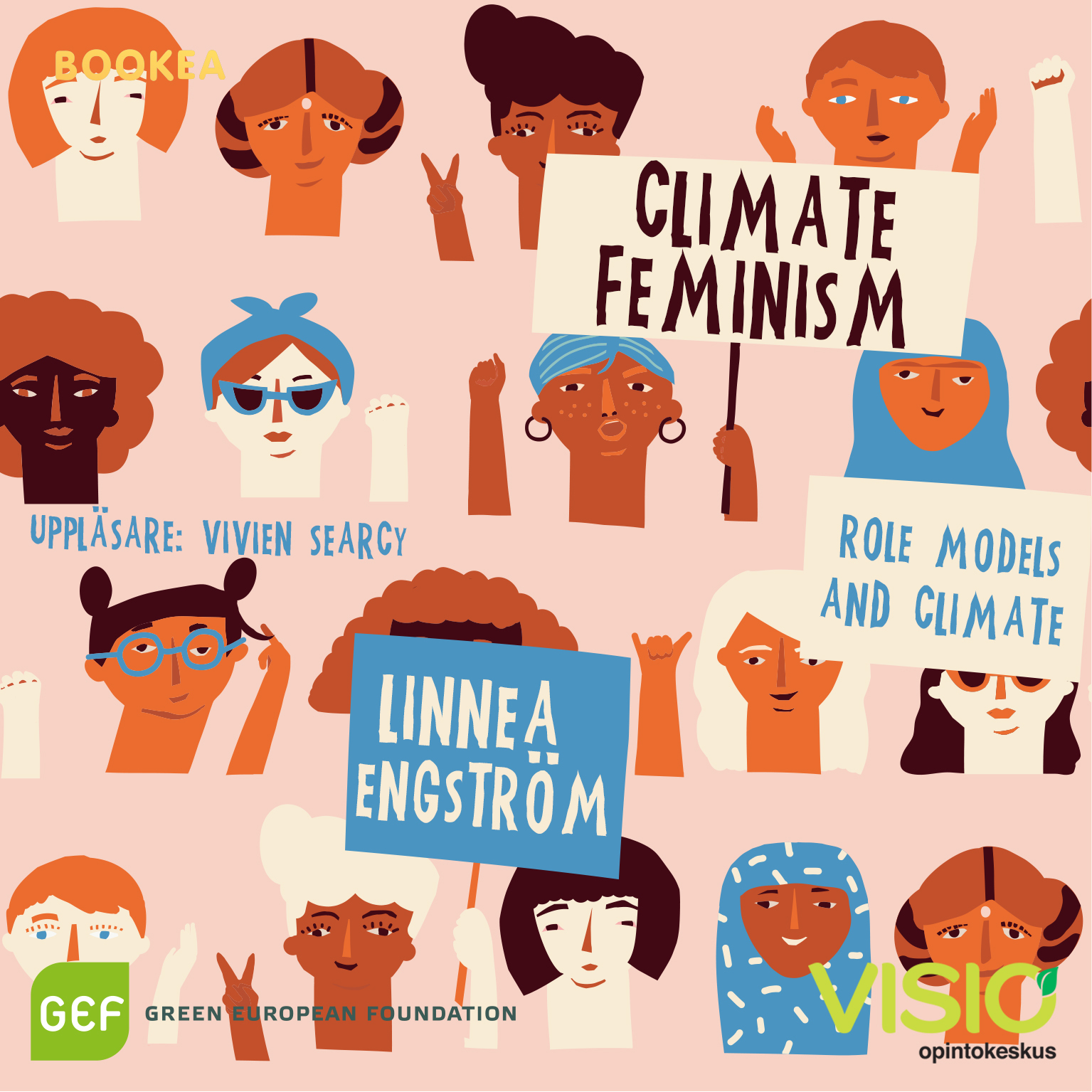
This resource is in French.
How could we reduce global energy consumption? This is a question the Green European Foundation decided has been exploring since 2021, and one that is now among a War in Europe and a global energy crisis becomes more important than ever.
About the Podcast
Today, gas prices are skyrocketing, and so are the debates about how to end the energy crisis. Many European governments are putting in place packages to help househols face soaring energy bill for which there are two main approaches. The first one proposes financial and fiscal measures: lowering VAT; bonuses allocation; taxing excess profits; energy price caps etc.
The second approach, and the one this podcast is more focused on, is focused on energy saving. This approach involves campaigns promoting energy sobriety, lowering temperatures in public buildings, designing shortage emergency plans, and so on.
This podcast proposes taking a step back from current events and invites the audience to reflect on how to manage and optimise limited resources.
Luc Semal and Mathilde Szuba discuss a potential sobriety policy envisioned socially (by limiting inequalities) and ecologically (by limiting the impact of human activities on the biosphere). Mathilde Szuba also draws on concrete examples of fair rationing policies in France during the First World War, and in the Netherlands and England during the 1973 oil crisis.
About the speakers
- Luc Semal teaches at Sciences Po Lille and Sciences Po Paris. He is a lecturer at the Muséum national d’histoire naturelle, Centre d’écologie et des sciences de la conservation. Associate researcher at the Ceraps (University of Lille 2). From 2010 to 2013 he was co-leader with Bruno Villalba of the research program “Sobriétés”.
- Mathilde Szuba is a lecturer at Sciences Po Lille. She collaborates at the Momentum Institute on the political and social implications of peak oil and the crossing of environmental irreversibility thresholds, notably through the study of individual carbon quotas (“carbon cards”). She is a member of the editorial board of Entropia and DDT. She has also published on rationing policies in Europe in the collection “sobriété” coordinated by Luc Semal.



